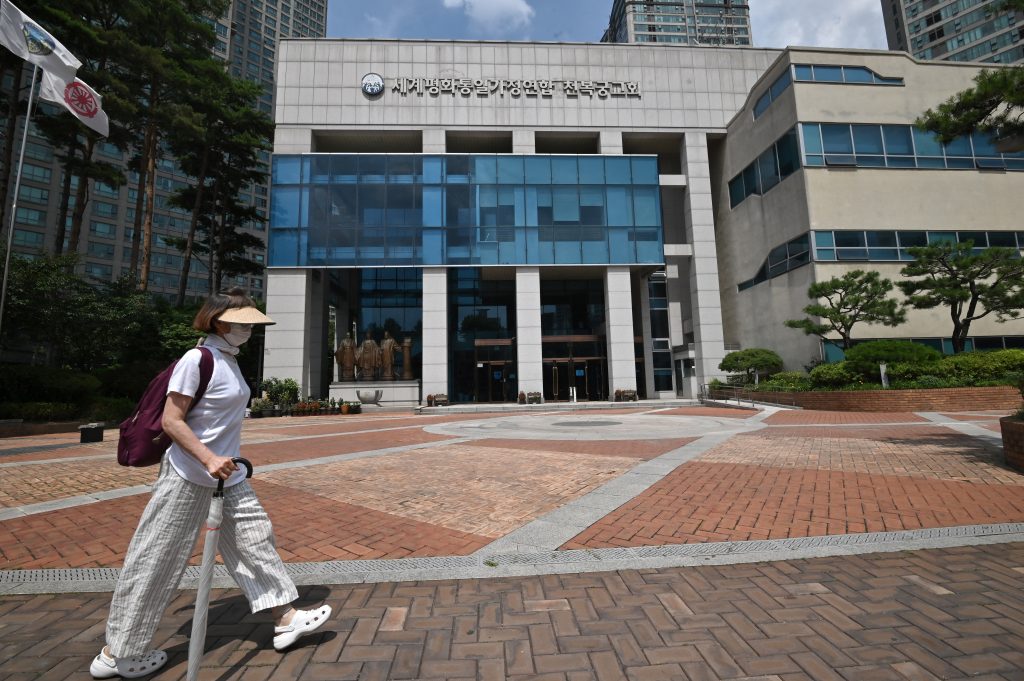
- ARAB NEWS
- 09 Jul 2025

Tokyo: A panel of experts set up by the Japanese government started on Tuesday discussing rules on exercising the right to ask questions in the proposed investigation into the religious group known as the Unification Church.
The expert panel at the Cultural Affairs Agency brings together 19 members including university professors and religious figures, all of whom are members of the agency’s Religious Juridical Persons Council.
“We hope that the issue will be discussed from various perspectives in light of the graveness of the case and that a certain level of direction will be shared among panel members at the next meeting,” Deputy Commissioner for Cultural Affairs Tetsuo Goda said at the outset of the panel’s first meeting. The meeting took place behind closed doors except for the opening.
The deputy commissioner also said the panel plans to cooperate with legal and accounting professionals.
Last week, Prime Minister Fumio Kishida instructed relevant ministers to investigate the Unification Church through the exercise of the questioning right under the religious corporation law.
The move comes as the Unification Church, along with its practices of selling goods to members at high prices and collecting massive donations, was spotlighted after former Prime Minister Shinzo Abe was shot dead in July by a man motivated by Abe’s alleged links with the religious group.
The law stipulates that the government can demand reports from religious groups or question them if there are suspicions that they have committed acts that could prompt the government to seek a court order to disband them.
This stipulation was introduced when the law was revised in 1995 in response to a series of cases related to the Aum Shinrikyo doomsday cult.
There has been, however, no case of the government exercising the questioning right so far. The government will therefore clarify basic concepts and criteria for exercising the questioning right through the panel’s discussion so that the right will not be exercised arbitrarily.
At a press conference on Tuesday, Education, Culture Sports, Science and Technology Minister Keiko Nagaoka said the government needs to set the criteria and announce them to people in Japan and abroad in order to exercise the right appropriately in a way that will be understood by the public.
Nagaoka also hinted at the possibility of hearing from victims of so-called spiritual sales and other practices by the Unification Church in planning questions to ask.
The next meeting of the panel will be held on Nov. 8, according to Nagaoka.
Nagaoka has said that the government plans to exercise the questioning right within this year.
After the panel works out the criteria, a list of questions and reasons for the questioning will be presented to the Religious Juridical Persons Council.
The government could seek the dissolution order if the group is found to have committed acts that clearly violate laws or damage the public welfare.
Kishida told a parliamentary meeting last Wednesday that a court order for dissolving the Unification Church can be sought in cases involving Civil Code breaches, revising his earlier interpretation that only criminal cases will be factored in.
JIJI Press